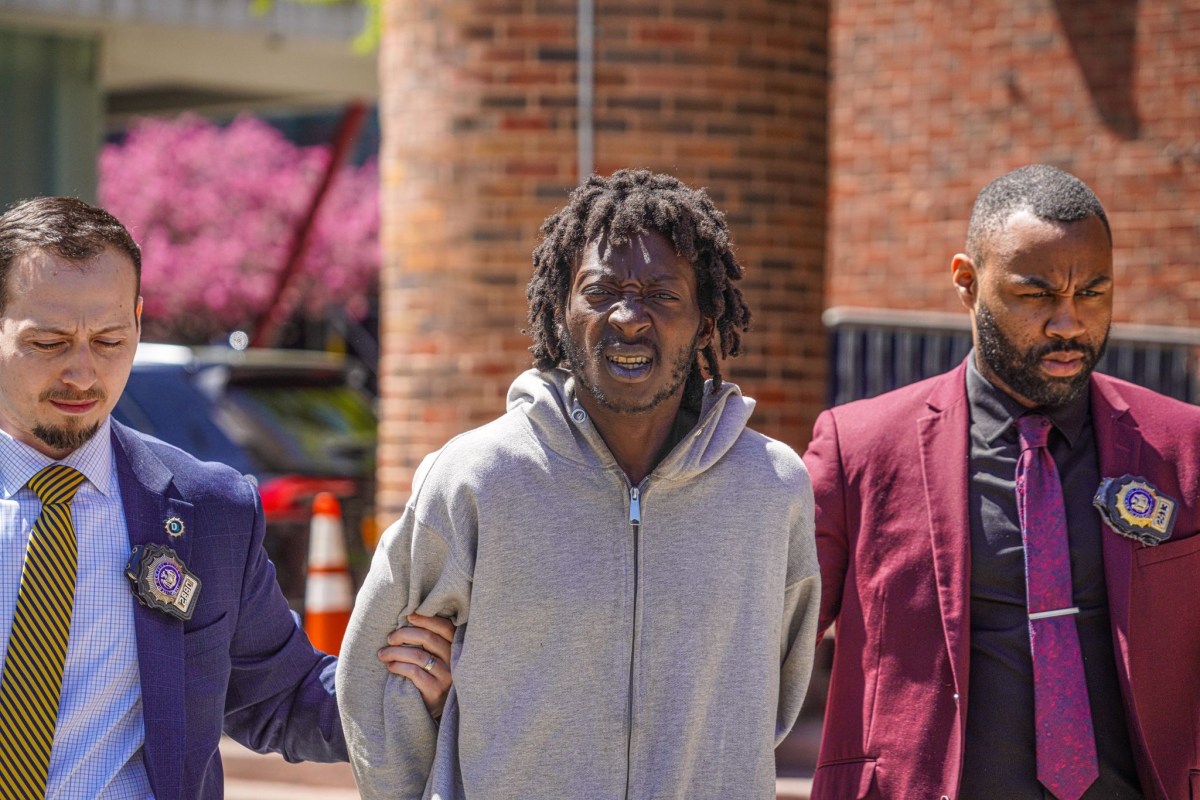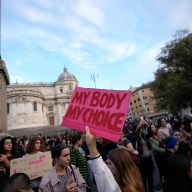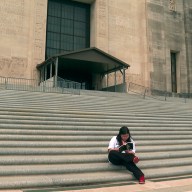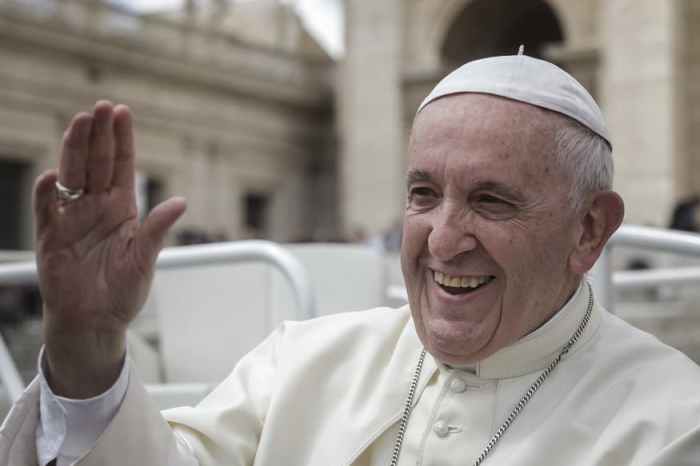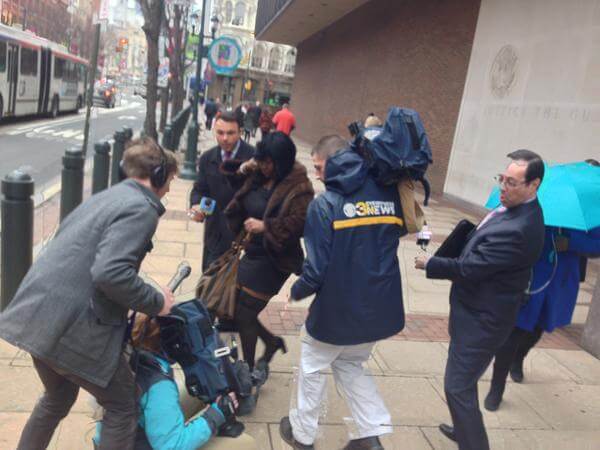Pope Francis’ schedule in the United States will begin on Wednesday in Washington, D.C., with a visit to the White House and his first address to Congress. Included in his itinerary, Francis will preside over a ceremony that will be a special meeting for the Hispanic community: the canonization of Junipero Serra. Serra, a Spanish Franciscan friar in the 18th century and one of the founding fathers of California, will be the first Hispanic saint declared by the Catholic Church in the United States. Both his history and the reasons which led Pope Francis to declare him holy have been the subject of controversy and criticism, especially for advocacy groups for Native Americans. RELATED:South Philly to get its own special Pope party Who was Junipero Serra? What are the virtues which the Catholic Church recognize with his canonization? “Junipero represents both the strong and weak side of the Spanish evangelization. He wanted the best for the indigenous population and for him that was them finding Christ,” explains Kenneth Davis, a Franciscan theologian. Serra was born in Palma de Mallorca, Spain, where he studied and received his doctoral degree. He was a renowned scholar who decided to go as a missionary to Mexico in 1749. When the Spanish government, which was linked to the Catholic Church, decided to expand its borders from Baja to Alta California, Friar Serra accompanied the expedition. Under his leadership, nine missions were founded in California. “He had to cope with what he found… He had to deal with the governor and soldiers. He wanted to protect the indigenous people from the worst of the conquest. He did the best he could with the tools they had at their disposal,” says Davis, professor and spiritual director of Sacred Heart Seminary of the Archdiocese of Milwaukee. The relationship between the Church, the Spanish colonization and the abuse and extinction of the native population, has been harshly criticized today. REALTED:Homeland Security chief says no known threat to pope “Some indigenous native groups are offended, but [the Pope] is not here to declare holy the colonial period. Junipero Serra was a man who, despite the limitations of his time, did many things to spread the Gospel,” explains Hosffman Ospino, assistant professor of Hispanic ministry and religious education at Boston College. The process for the canonization of Serra has come a long way since the Diocese of Fresno asked the Vatican to consider their cause in 1950. In 1988, Pope John Paul II declared him Blessed. The Church appealed to a broad historical research on the foundation of California to rebut criticism of the “sanctity” of Friar Junipero and hold that the religious defended the natives from the abuses and violations by the colonizing forces. His struggles against the Spanish government are compared with other missionaries throughout the Caribbean and South America, such as Bartolome de las Casas, Antonio de Montesinos and the first Jesuit missions in Paraguay. “When he writes about his life with the Indians [sic], we can tell that he cared for them, though not all of them cared for him. We could today consider his attitude to have been paternalistic, but at the time, it was logical for priests who wanted to protect their children,” says Davis, noting that Serra’s performance must be understood in the historical and religious context in which he lived. “No evangelism is perfect, we must respect the cultures of the people,” he adds. RELATED:Before Pope Francis gets here, the World Meeting of Families begins Since 1931, an image of Serra is among those that adorn the National Statuary Hall in the US Capitol along with other influential figures in American history. On September 23, Pope Francis will canonize Friar Junipero on an esplanade at the National Shrine of the Immaculate Conception in Washington, D.C. “It’s more a historical symbolism than a political one. We are going to affirm the wealth of faith,” says Ospino, noting that the Mass will be held in Spanish. Meanwhile, Davis believes that celebrating the life of Friar Junipero in the federal capital and recognizing his service in favor of human and cultural rights, should be a cause for reflection on the possibility of a multicultural and peaceful coexistence in the United States. It is also a reminder that the country has indigenous and Hispanic roots. Today as then, the debate on the need for coexistence of different languages and cultures remains alive. “It implies that people of various cultures have to learn to live in peace. The missions were, to some extent, an attempt to do this. We can criticize Junipero, but who in Washington, D.C. has done better? ” asks the priest.
Pope Francis faces criticism for canonizing US missionary Junipero Serra
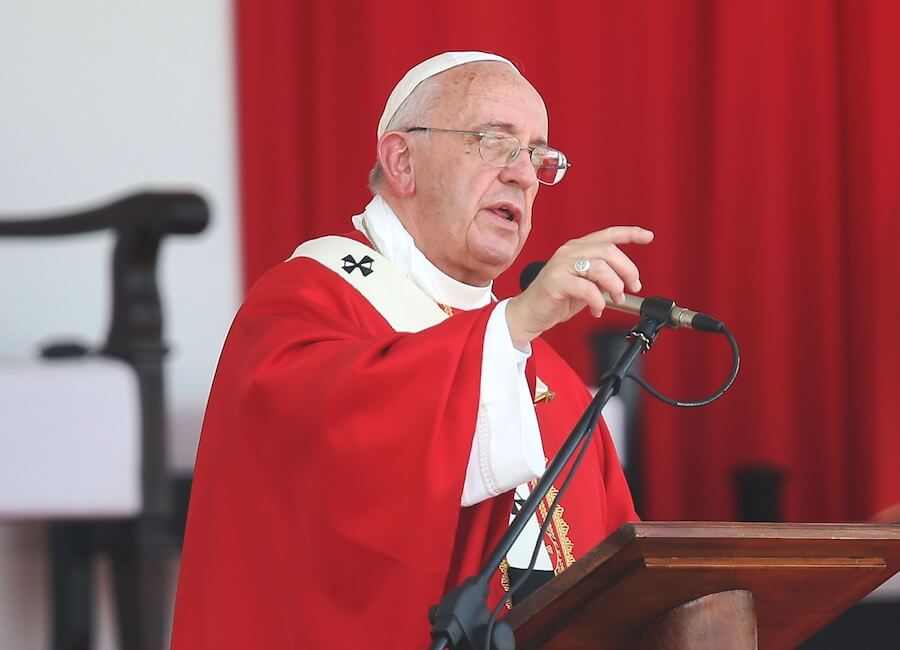
Getty Images






